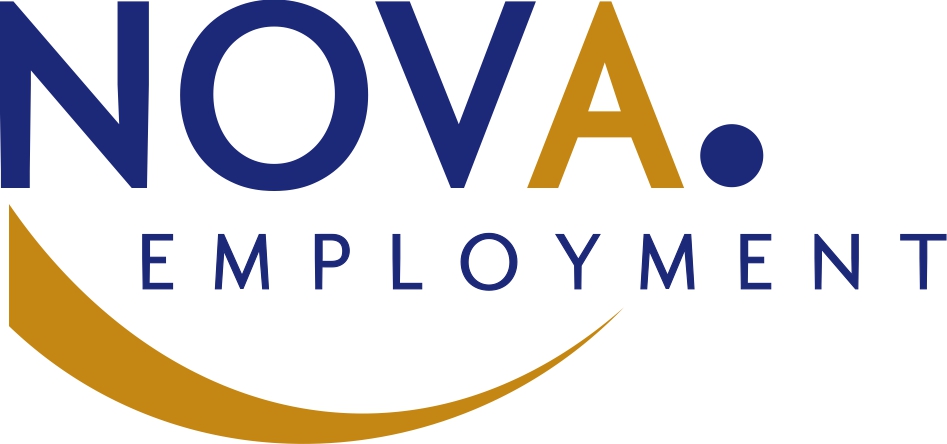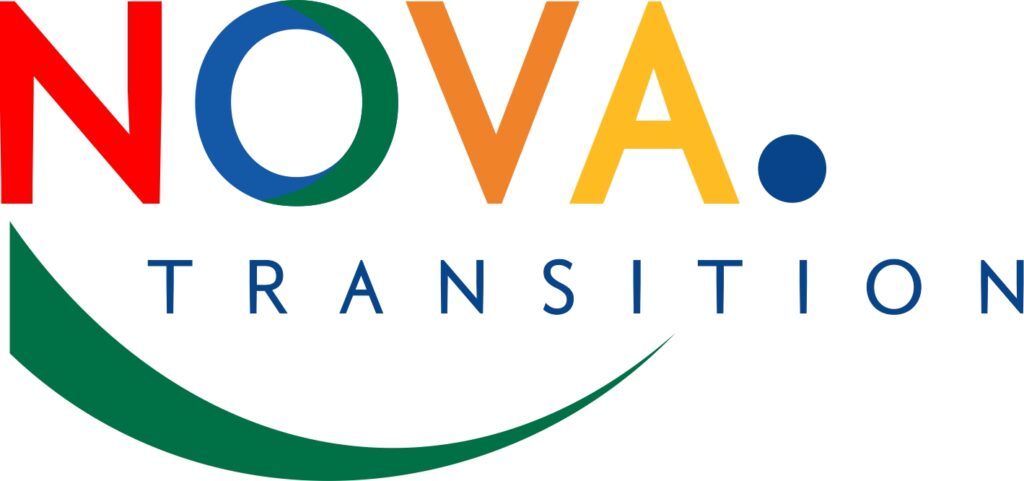July Rant
There’s an inquiry into Disability Employment Service and how best the new National Contract (2023) might serve the needs of the Commonwealth – note, that I haven’t said, ‘the needs of people with disability’.
That’s because, simply put, any new DES program that is welded to reporting and audit processes that seem almost designed to cause frustration, will replicate the problems and poor outcomes of the present program.
The trouble is, so many things have a superficial appeal.
Take for example, education.
12 months ago a person deemed eligible for DES services would be offered, at the DES provider’s discretion, the opportunity to attend TAFE.
Here’s where the superficial appeal comes in. After all, wouldn’t such a person develop greater appeal to employers? Surely they would be more sellable?
The folk in charge of DES were so enamored of this concept they took the view that, as far as ranking providers went, a placement at TAFE or similar would generate an ‘educational outcome’ that had the same value as a real job.
So where did service provider effort go? To the hard task of finding suitable and sustainable employment or picking up the phone and booking a course through TAFE?
Predictably, since the rewards to providers were the same, ‘Educational Outcomes’ began to distort program employment outcomes with little to no improvement in results.
As for the poor folk lied to about the chances of a TAFE (or similar) course improving their prospects, very little changed – they just used up their annual free course.
What counts for people with disability in terms of hours worked, wages earned and length of employment – the things you might imagine were top of the list when it comes to measuring results – no interest. Rather a punitive compliance program that focusses on the existence of paperwork in an unrealistic or ridiculous time frame.
NOVA is not punished for failing to get jobs, we are punished for not having the forms that detail our success recorded on time! Heaven help a staff member that places a person with an immediate or out of hours job start. People silly enough to gain full time employment and hold it down aren’t celebrated – rather their success they are not ‘on payments’ and so are referred to mainstream employment programs until they have proven they remain a person with disability.
And I could go on. However, a better and more positive response might be to suggest that people with a disability take a greater role in the construction of the DES programs KPI’s.
A couple of suggestions might be to recognise Apprenticeships and Traineeships as having a positive impact on participants as they are developed and not insist on no recognition for such outcomes unless acquired at the start of employment.
Providing recognition for jobs found that are greater than Centrelink assessed benchmarks of individual capacity – why are there so many minimum hour jobs? Could it be that’s what’s measured – the minimums – so that’s what participants get?
A better contract will recognise superior performance as defined and sought by people with disability and measured through level of participation, payment received and employment sustainability.




